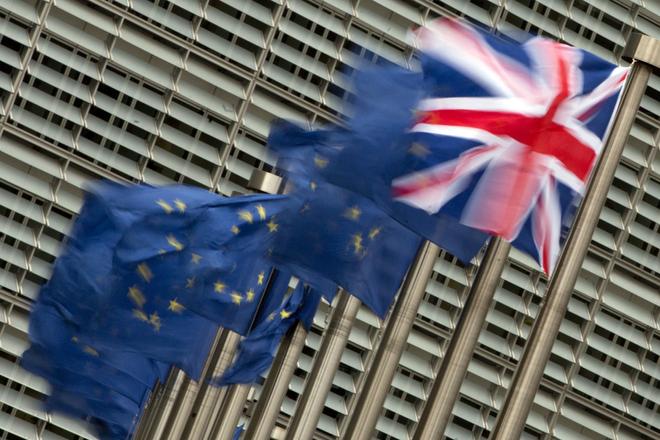Britain, despite the almighty clanger it dropped on June 23, and the tumult that followed, appears to have returned to its normal, rather pragmatic self with startling speed.
Indeed, the post-Brexit-vote grieving process appears to have run through almost all the stages of the Kübler-Ross spectrum in less than a month.
First came denial, with futile calls for a new referendum from distraught Remainers and admissions from the Leave campaign that their promises had actually been just aspirations, or even “mistakes”. Then anger, as the London-centric elites fumed at what they clearly regarded, in all but name, as a peasants’ revolt. Then came depression, as the country was faced with yet another bout of Acheson-esque self-doubt about its role in the world. And finally acceptance, with the rapid appointment of a new prime minister, Theresa May, her unambiguous statement that ‘Brexit means Brexit’, and her selection of three prominent pro-Leavers to manage the process.
The arcane rules of the European Union – themselves in no small part the cause of Britons’ discontent with that institution – mean that the bargaining stage has been skipped for now, and might not formally begin until 2017. Apparently, EU membership is not doing Britain so much harm that it cannot afford to soft-pedal for months or years yet.
As the panic subsides, where does all this leave Britain in Europe, and Slovakia’s presidency of the EU?
Britain has already been side-lined. Outgoing prime minister David Cameron was excluded from an EU summit immediately after the vote; the UK’s commissioner has quit and not been replaced; and the French foreign minister has branded his newly appointed UK counterpart, the pro-Brexit Boris Johnson, “a liar”.
Such contempt is mostly justified: Brexit is a catastrophic failure of British diplomacy (and if it is not, the parade of British ministers and diplomats who have trooped through Bratislava, among other places, insisting over many years that Britain is a ‘strong partner in Europe’ have a lot of explaining to do). More disturbingly, the Leave campaign in the UK reeked of anti-immigrant hostility – an impression the new government has so far done little to redress.
Slovakia, leaving aside the recent antics in parliament here and what look like underhand attempts to block possible anti-EU protests in Bratislava, deserves credit for applying a steady hand so far in its role as EU president. It will get a further chance to shine at a leaders’ summit now planned for Bratislava in September.
By then, Brexit may not even top the agenda. With events like the horrific attack in Nice, and the no-less-bloody attempted coup in Turkey and its potential consequences for the continent’s migrant crisis, Europe is not looking at its most stable right now. Let us hope Slovakia’s diplomats enjoy more luck, and foresight, than their British counterparts.



 Illustrative stock photo (source: AP/TASR)
Illustrative stock photo (source: AP/TASR)